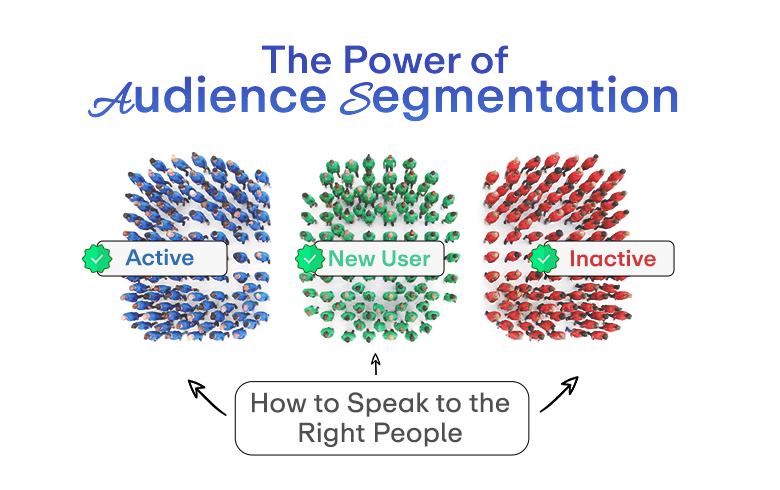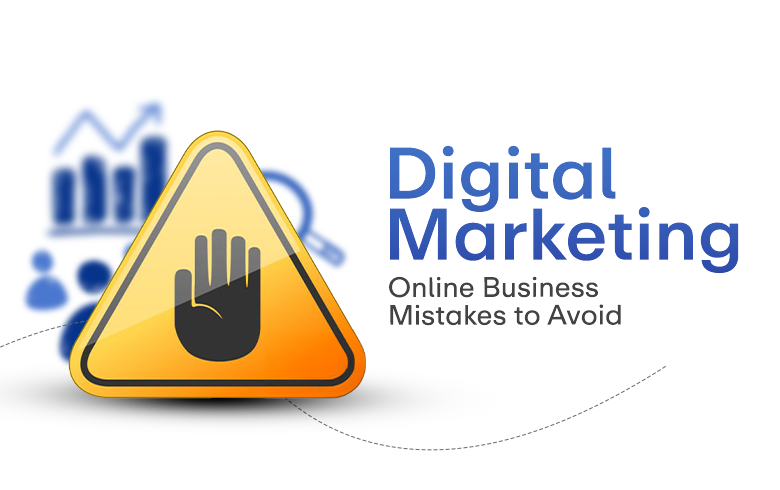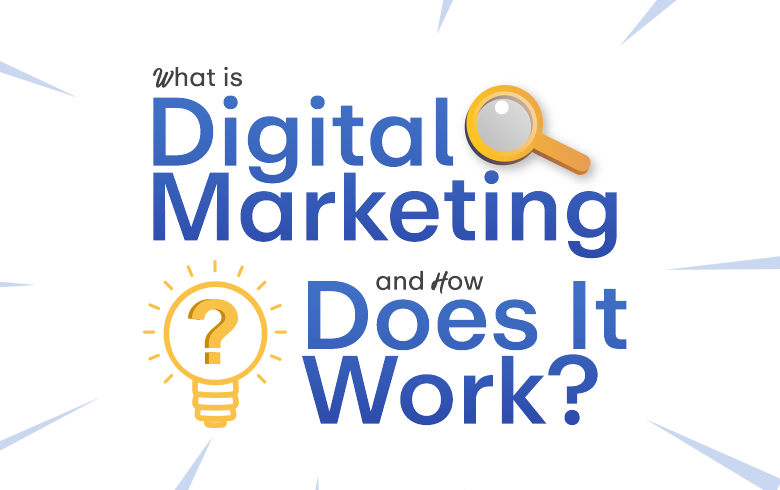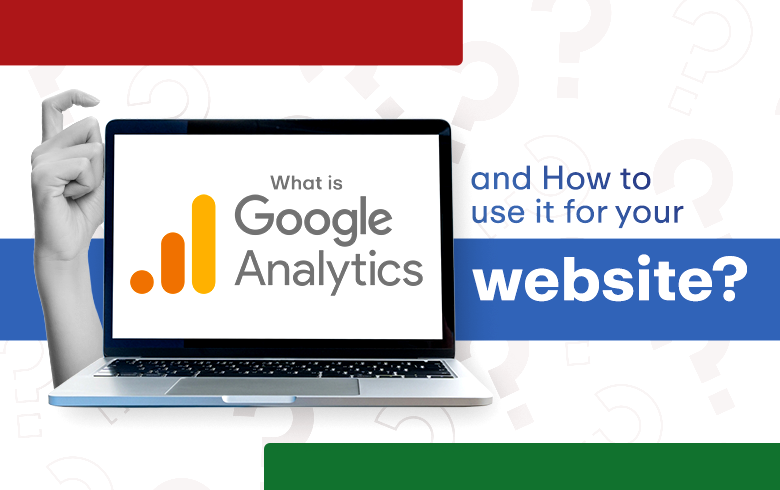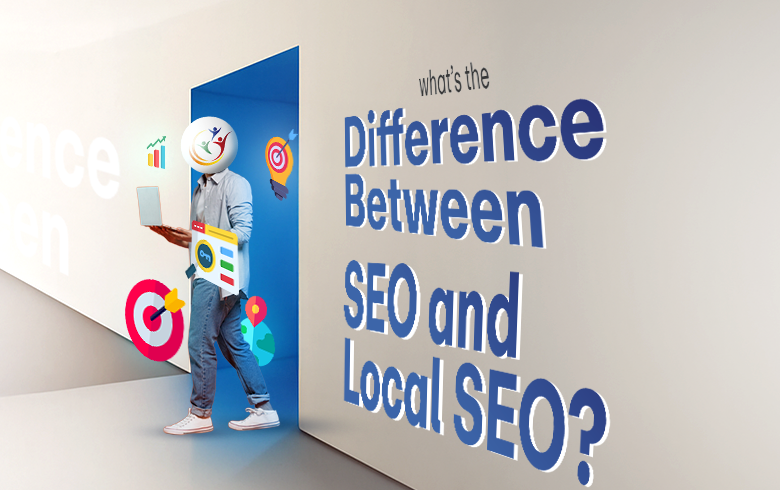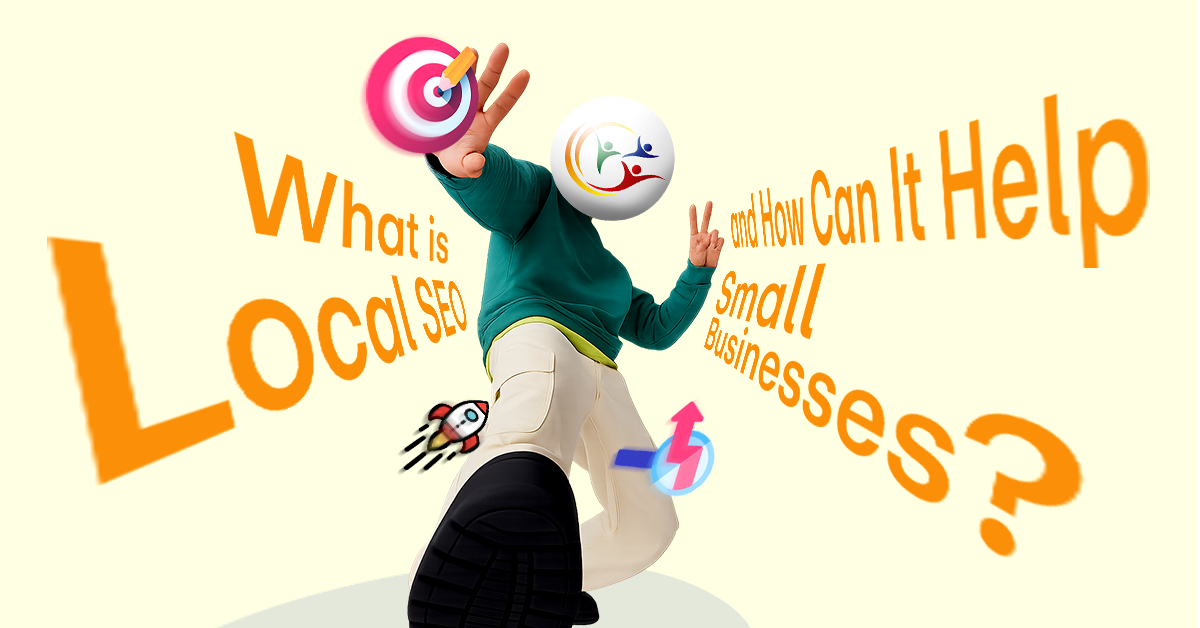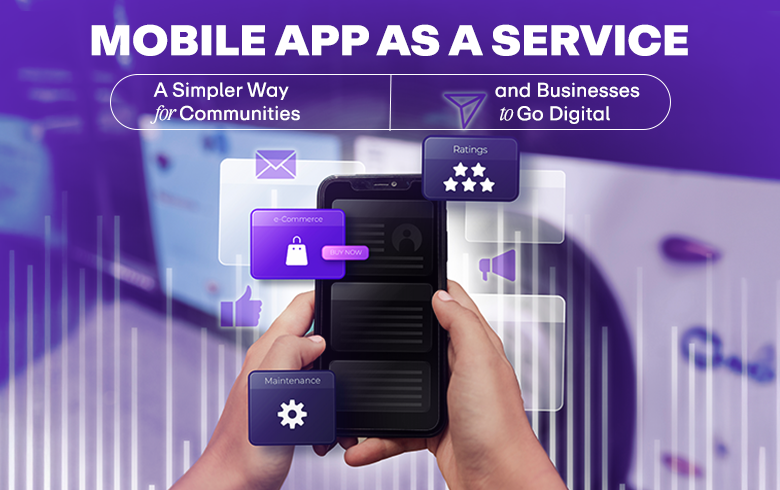Local SEO (Search Engine Optimization) is the process of optimizing your online presence so your business shows up in search results when people nearby search for products or services you offer. For example, if someone searches “coffee shop near me” or “best plumber in San Diego,” local SEO helps ensure your business appears in those local search results especially in Google’s map pack (the box with a map and top businesses listed).
For small businesses, Local SEO is a game-changer because it connects you directly with nearby customers who are ready to buy. Unlike traditional advertising, it targets people at the exact moment they’re searching for what you sell.
Table of Contents
What is Local SEO?
Local SEO is a branch of search engine optimization focused on improving your visibility in local searches. It combines on-page optimization, Google Business Profile management, customer reviews, and location-based strategies to help small businesses stand out in their community.
Unlike general SEO, which aims to reach a broad audience, Local SEO targets customers within a specific geographic area. Think of it as digital word-of-mouth: it helps nearby customers find and trust you.
Why is Local SEO Important for Small Businesses?
Small businesses often find themselves competing with bigger brands that spend a lot on marketing. Local SEO helps level the field by making smaller businesses visible to customers in their own area. When people search for things like “Digital Marketing Agency in San Diego” or “near me,” they usually have a strong intent to buy or connect right away, which makes these searches highly valuable.
Another big reason local SEO matters is the way people search today. More than 60% of local searches happen on mobile devices, and appearing in Google’s top three map results can bring a huge amount of traffic to your business. On top of that, positive reviews, ratings, and complete profiles help build instant trust and credibility. Best of all, it’s more cost-effective than traditional advertising and still delivers an excellent return on investment.
How Does Local SEO Work ?
Local SEO uses multiple signals to tell search engines where your business is located and why it’s relevant for local searches. The major elements include:
- Google Business Profile (GBP)
- Claiming and optimizing your GBP is the foundation.
- Add accurate information, business hours, photos, and services.
- Encourage customers to leave reviews.
- Claiming and optimizing your GBP is the foundation.
- On-Page SEO
- Include local keywords like “best bakery in Dallas” in your website content.
- Use schema markup to highlight your location and services.
- Include local keywords like “best bakery in Dallas” in your website content.
- Local Citations
- Make sure your business name, address, and phone number (NAP) are consistent across all online directories.
- Make sure your business name, address, and phone number (NAP) are consistent across all online directories.
- Reviews & Ratings
- Positive customer reviews signal credibility.
- Responding to reviews builds trust and improves visibility.
- Positive customer reviews signal credibility.
- Backlinks from Local Sources
- Partnering with local bloggers, newspapers, or organizations helps build authority.
- Partnering with local bloggers, newspapers, or organizations helps build authority.
- Mobile Optimization
- A fast, mobile-friendly website improves both SEO and user experience.
- A fast, mobile-friendly website improves both SEO and user experience.
What Are the Benefits of Local SEO for Small Businesses?
Increased Visibility in Local Searches
By appearing in Google’s map pack and top results, your business becomes easier to find for people searching nearby. This increases your chances of getting noticed before your competitors.
More Foot Traffic and Sales
Optimized business listings guide potential customers straight to your store or service location, helping turn online searches into real-world visits and sales.
Builds Trust and Reputation
Positive reviews, ratings, and accurate business profiles show that your brand is credible and dependable, making customers more likely to choose you.
Competes with Big Brands
Local SEO gives smaller businesses the chance to stand out and even outrank bigger brands in local searches, leveling the playing field.
Boosts Mobile Conversions
Since most people search on their phones, strong Local SEO ensures your business captures this mobile-first audience, leading to more quick purchases and inquiries.
Cost-Effective Marketing
Local SEO helps your business show up in search results without spending heavily on ads, making it a budget-friendly way to get long-term results.
What Is the Step-by-Step Guide to Local SEO for Small Businesses?
Step 1: Claim and Optimize Your Google Business Profile
- Fill in every section: name, category, hours, services, and photos.
- Post regular updates and offers.
- Enable messaging to engage with customers instantly.
Step 2: Optimize Your Website for Local Search
- Use local keywords in titles, headers, and content.
- Create location-specific landing pages (e.g., “Plumbing Services in California”).
- Add schema markup for local business information.
Step 3: Collect and Manage Customer Reviews
- Ask satisfied customers to leave reviews.
- Respond politely to both positive and negative reviews.
- Showcase reviews on your website and social media.
Step 4: Build Local Citations and Backlinks
- Submit your business to directories like Yelp, Yellow Pages, and TripAdvisor.
- Get backlinks from local blogs, news sites, and chambers of commerce.
Step 5: Optimize for Mobile and Voice Search
- Ensure your website loads fast on smartphones.
- Use conversational keywords like “Where can I find the best coffee near me?” to capture voice searches.
Step 6: Track and Measure Results
- Use Google Analytics and Google Search Console.
- Monitor GBP insights for calls, clicks, and directions.
- Adjust strategies based on data.
Another important factor in local SEO is content creation. Many small businesses overlook the power of writing location-specific blogs, guides, or updates on their website. For example, a fitness studio in Miami could write about “Best Morning Workout Spots in Miami” or “Healthy Eating Tips in Miami.” These types of posts don’t just provide value to the audience, they also send strong location signals to search engines. Over time, this builds authority and helps the business dominate search results in its city.
Local SEO also has a strong connection to community engagement. When small businesses sponsor local events, partner with nearby organizations, or get mentioned in community blogs and newspapers, it adds credibility in both the offline and online world. Search engines take these signals into account, especially when they come from local, trusted sources. This means your digital presence reflects the trust and reputation you’ve built within your community.
One of the less talked about but highly effective parts of local SEO is leveraging voice search. With the rise of smart speakers and voice assistants on smartphones, customers increasingly ask questions like “Where is the nearest bakery?” or “Who is the best dentist near me?” By optimizing your content in a conversational way and including FAQs on your website, you increase your chances of being chosen as the answer to these voice-based queries.
Common Mistakes to Avoid in Local SEO
- Inconsistent NAP information across platforms.
- Ignoring customer reviews or not responding.
- Keyword stuffing with unnatural local phrases.
- Neglecting mobile optimization, leading to high bounce rates.
- Forgetting schema markup, which helps AI and search engines understand your business.
Frequently Asked Questions (FAQs) about Local SEO
Q.What is the difference between SEO and Local SEO?
A: SEO targets a global or national audience, while Local SEO focuses on customers in your immediate geographic area.
Q.How long does it take for Local SEO to work?
A:It typically takes 3–6 months to see significant results, depending on competition and effort.
Q.Do reviews really impact Local SEO ranking?
A: Yes. Reviews are a key ranking factor. More positive reviews improve your chances of appearing in the top map results.
Q.Is Local SEO only for brick-and-mortar businesses?
A:No. Service-based businesses like plumbers, electricians, and consultants also benefit greatly from Local SEO.
Q.How much does Local SEO cost for small businesses?
A: Costs vary, but many strategies like optimizing your GBP and collecting reviews are free. Professional services can range from $300 to $1500 per month.
Q.Can social media help with Local SEO?
A:Indirectly, yes. Social media engagement builds brand awareness, and sharing your business info boosts visibility.
Q. What is the “Google Map Pack”?
A:It’s the box with a map and the top three local business listings that appear above organic results. Ranking here drives the most traffic.
Local SEO is not just a marketing strategy,it’s a survival tool for small businesses in the digital age. It helps you reach nearby customers at the exact moment they’re searching for what you offer, builds trust through reviews and credibility, and levels the playing field against larger competitors.
By optimizing your Google Business Profile, managing reviews, creating local content, and staying consistent across platforms, small businesses can dramatically increase visibility, traffic, and revenue.
Marketing.GoMyCommunity Local SEO Services focus on optimizing every touchpoint that influences local search. From fine-tuning your Google Business Profile to building location-specific content, ensuring accurate listings, and actively managing reviews, we create a strong digital foundation that boosts visibility and revenue. With the right strategy, your business doesn’t just show up online—it gets chosen. Now is the time to invest in Local SEO, because the earlier you start, the sooner you can attract loyal local customers and grow your community presence.
Also Read: What is Schema Markup?





